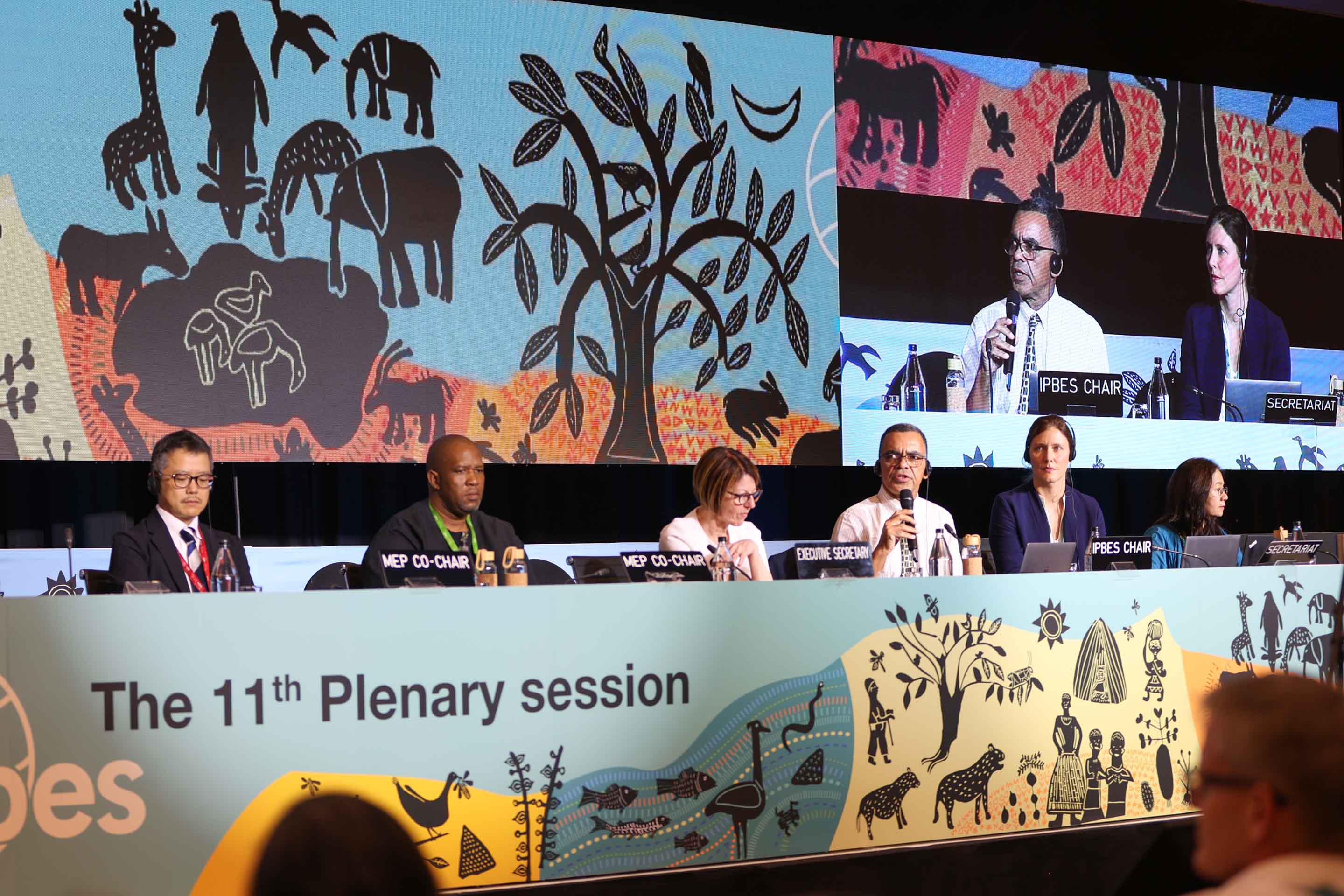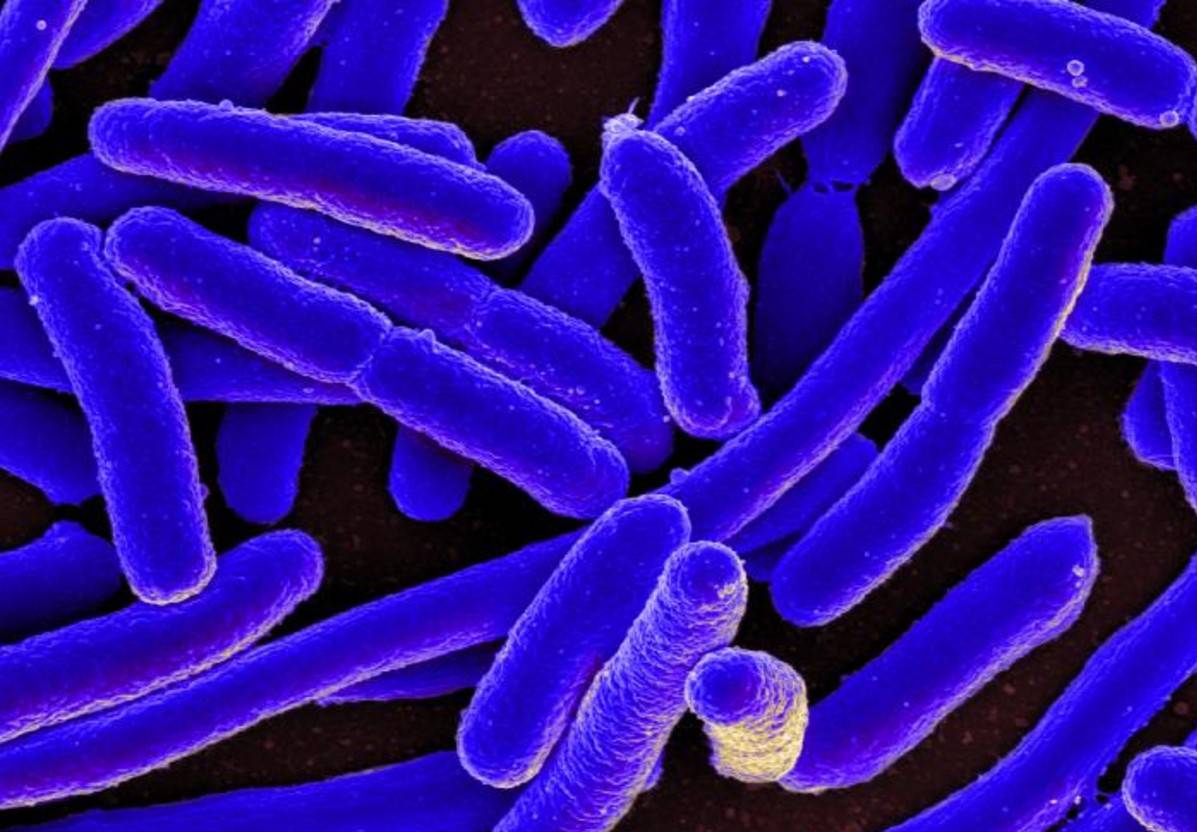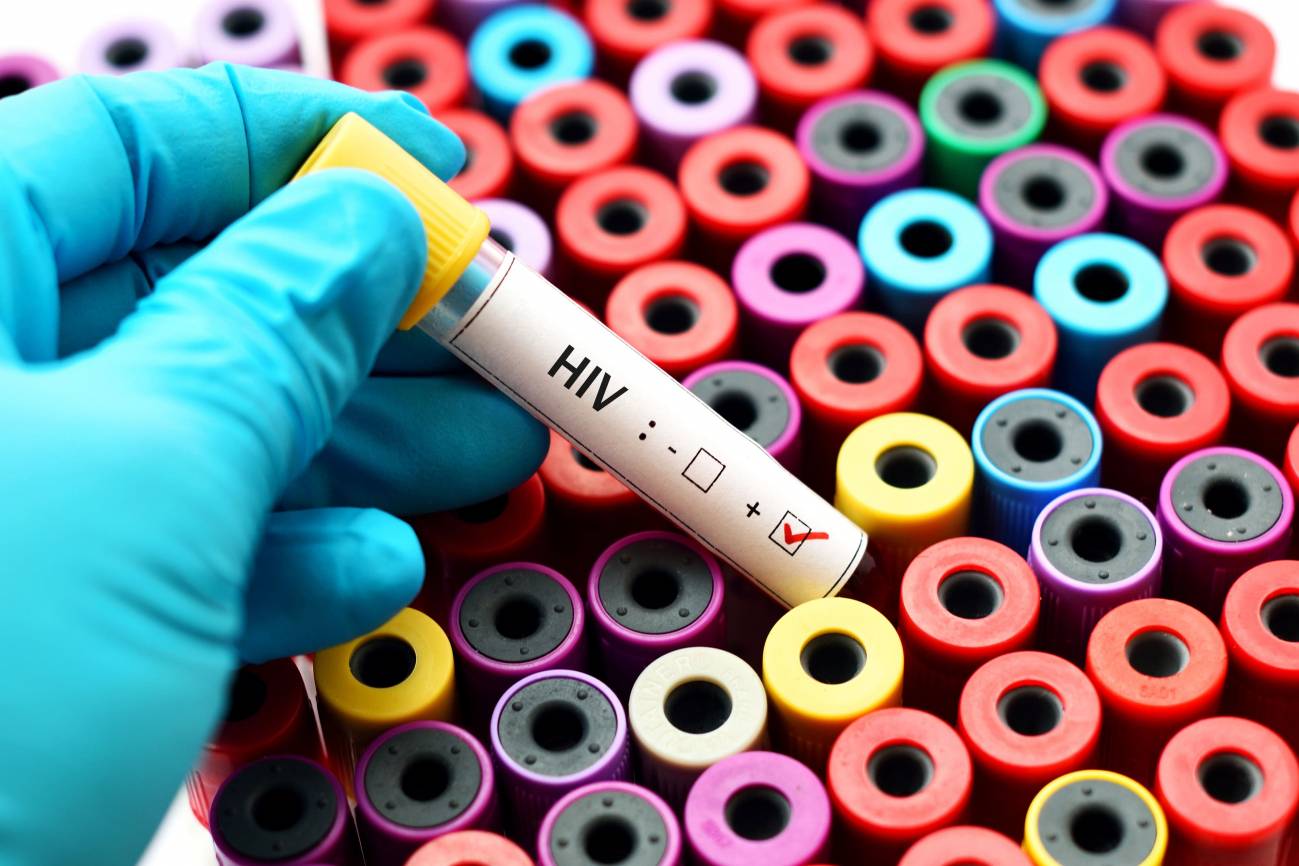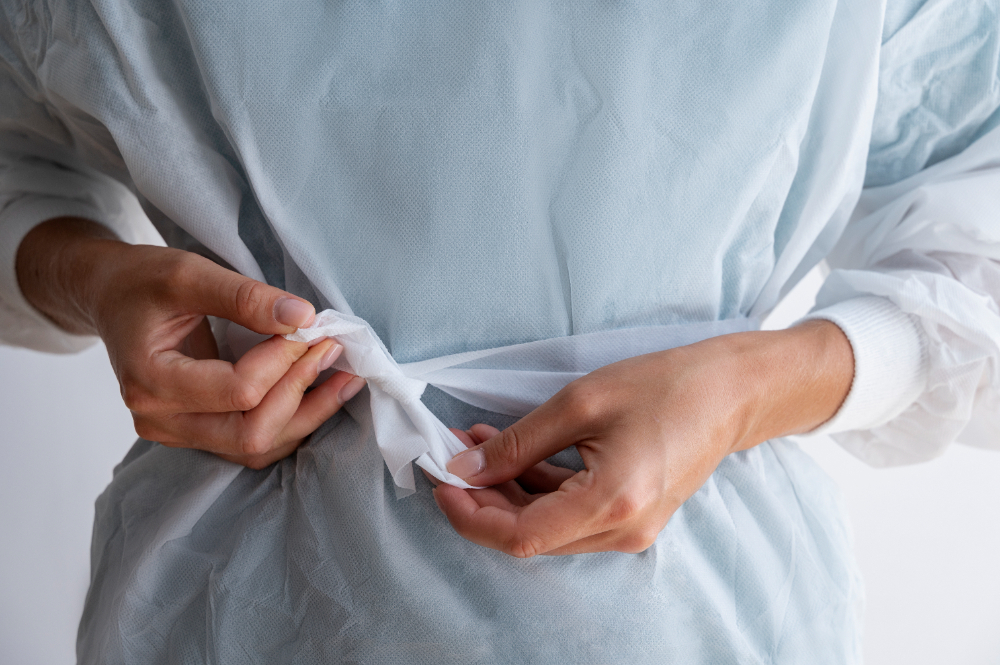High coffee consumption associated with lower risk of head and neck cancer, study finds
According to a meta-analysis of 14 studies involving more than 25,000 people, drinking more than four cups of coffee per day was associated with a lower incidence of head and neck tumors. Drinking between none and one cup of tea was also associated with a slightly decreased risk, although daily consumption of more than one cup of tea was associated with an increased risk of developing laryngeal cancer. The results are published in the journal Cancer.









